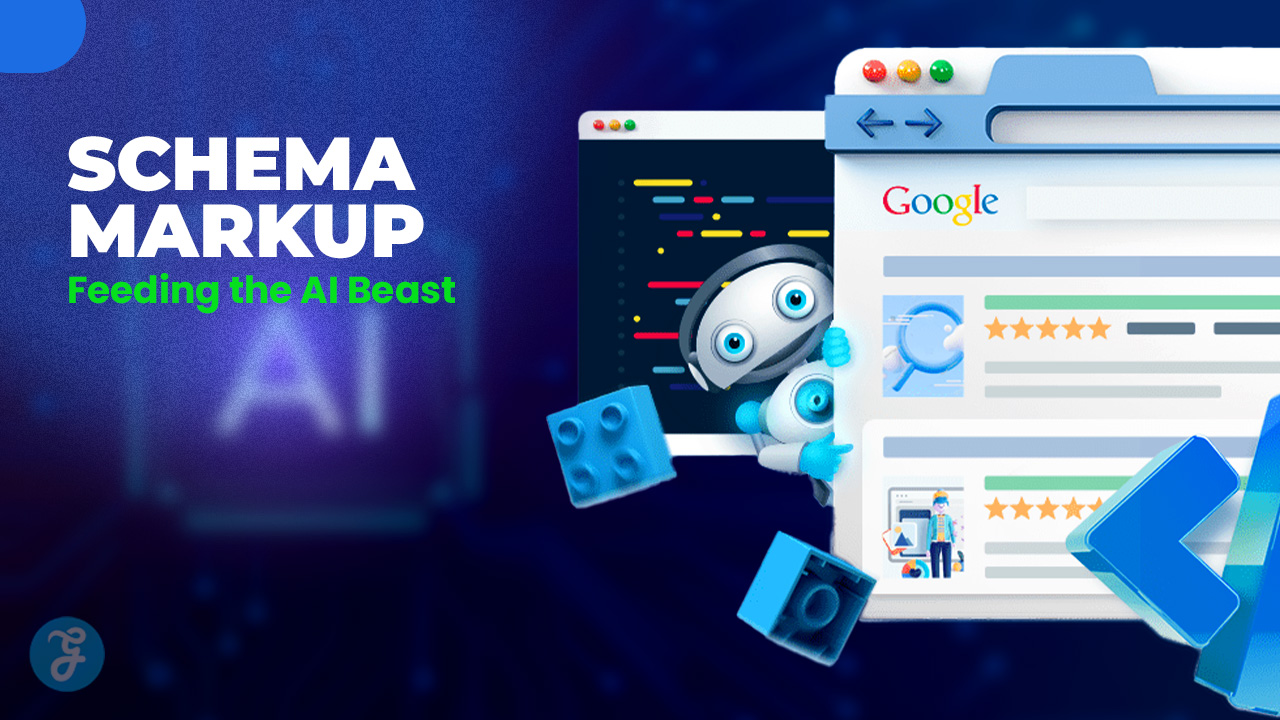According to Tony Prescott, a robotics expert from the University of Sheffield, UK, Artificial Intelligence (AI) technology could play a crucial role in combating loneliness, a condition known to impair health significantly. In his new book
In the Psychology of Artificial Intelligence, Prescott argues that “relationships with AIs can support people” by providing forms of social interaction that can help break the cycle of loneliness.
Improving Social Skills and Self-Worth
Loneliness often leads to social withdrawal and a decrease in self-confidence. AI can help “break the cycle” by giving individuals a way to practice and improve their social skills.
Prescott explains that AI companionship can scaffold feelings of self-worth and assist in maintaining or enhancing social skills, thereby supporting people to find companionship with both human and artificial entities.
Combining Psychology and AI
Prescott’s book explores the nature of the human mind and its cognitive processes, comparing and contrasting these with the development of AI.
He suggests that the partnership of psychology and AI can unlock further insights into both natural and artificial intelligence, ultimately helping to alleviate loneliness.
Ethical Considerations and Real-World Efficacy
A recent report from researchers at Auckland, Duke, and Cornell Universities, published in Science Robotics, suggests that companion robots enhanced with AI may help alleviate the loneliness epidemic.
The report calls for governments, policymakers, technologists, and clinicians to rapidly develop guidelines for the trust, agency, engagement, and real-world efficacy of companion robots. It also proposes a new way to measure the effectiveness of these robots in alleviating loneliness.
Current AI Companions and Their Impact
Social robots like ElliQ have already had thousands of interactions with human users, many of which are related to simple companionship activities such as sharing a cup of tea.
Research indicates that these robots can reduce stress and loneliness, helping older adults remain healthy and active.
Advanced AI programs allow newer robots to engage in more spontaneous and personalized conversations, potentially fostering stronger social connections.
Medical Community’s Support
A Sermo survey of 307 care providers across Europe and the United States revealed that 69% of physicians agree that social robots could provide companionship, relieve isolation, and potentially improve mental health.
Additionally, 70% of doctors felt that insurance companies should cover the cost of companion robots if they prove effective.
However, measuring a robot’s impact remains challenging, highlighting the need for patient-rated outcome measures like the “Companion Robot Impact Scale” (Co-Bot-I-7).
Potential Benefits and Concerns
The newest AI companions offer more personalized and interactive experiences, moving beyond simple speech or text recognition.
These advancements could make companionship accessible for lonely or marginalized individuals who may not have opportunities for human interaction.
However, some experts warn that AI can only mimic real human interaction and might perpetuate problematic beliefs about relationships. For instance, AI companions could encourage unrealistic expectations of control and perfection in relationships.
Practical Applications and Future Developments
Despite the concerns, many users report that AI chatbots help them practice social and romantic interactions, which can translate into better real-life relationships.
For example, apps like Replika and its romantic counterpart, Blush, allow users to practice more intimate conversations in a safe environment.
Nonetheless, there are fears that reliance on AI companions could negatively impact birth rates and lead to long-term societal and economic issues.
Wrap up
Artificial Intelligence holds exciting potential for addressing loneliness and social isolation, offering a unique form of companionship that can support emotional well-being and social engagement.
As technology continues to evolve, it is essential to balance the benefits of AI companionship with ethical considerations and practical guidelines to ensure a positive impact on society.
The Information is Taken from India TV News and MSN





































